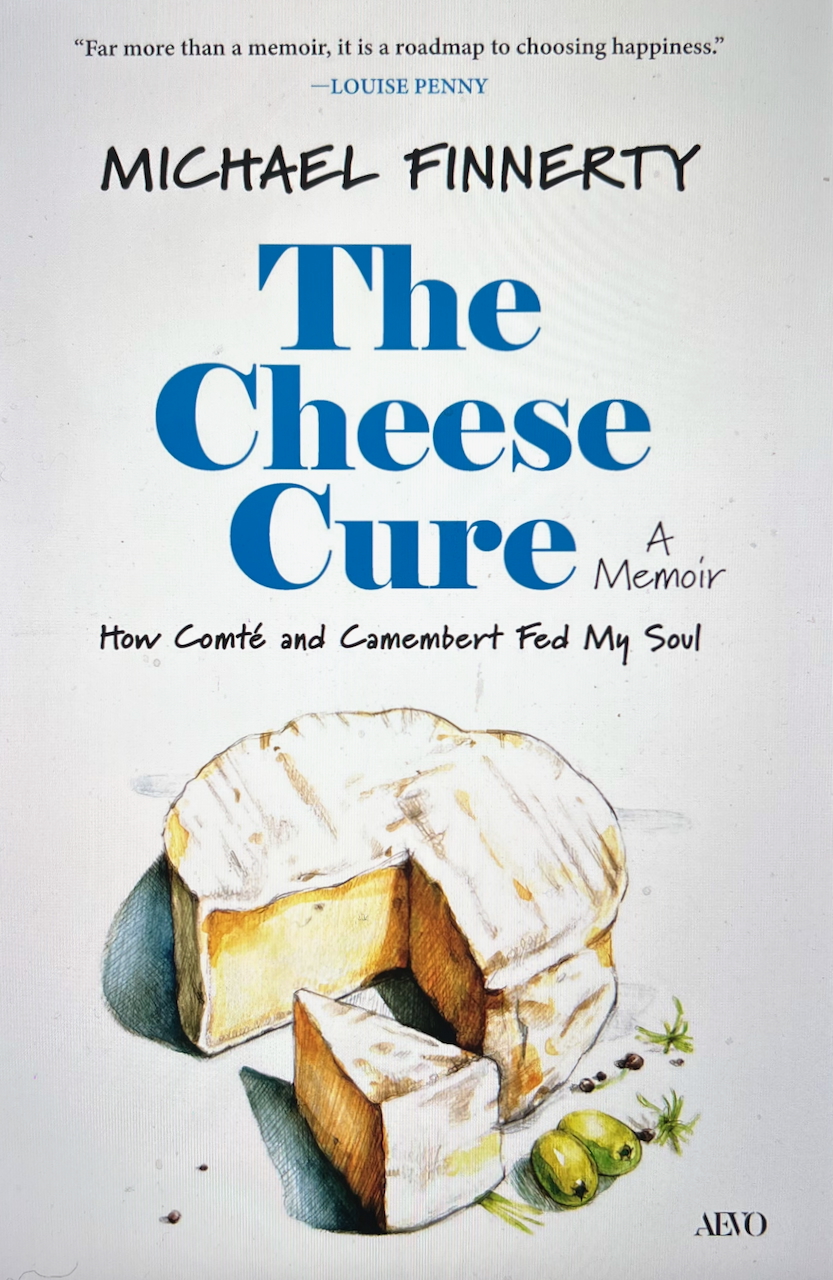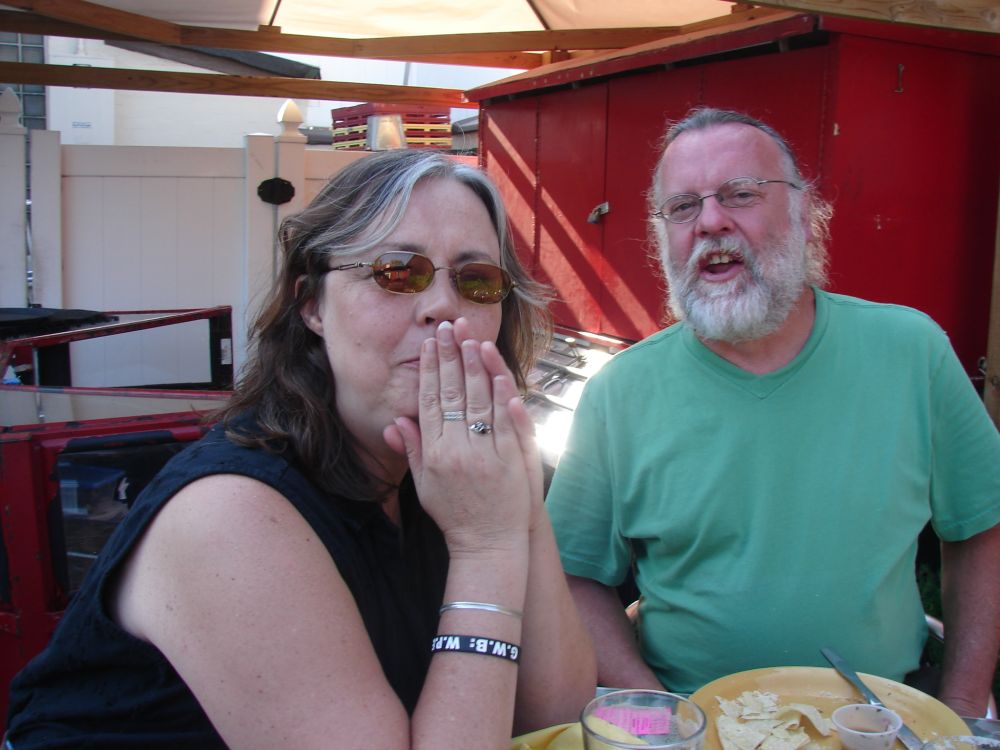‘Unstuck in Time’: New Vonnegut Documentary is Moving But Distracted
November 20, 2021

IFC Films has released a new documentary on Kurt Vonnegut, co-directed by Robert Weide, who in the process of filming Vonnegut over decades created a close relationship with the writer. The film traces this connection, even as it shows Weide’s failure to make his original conception of the documentary—for 40 years.
Weide has won three Emmys, including for his work on Curb Your Enthusiasm, and has made previous documentaries on comedians he loves, such as Lenny Bruce, the Marx Brothers, WC Fields, and Woody Allen. Those subjects contain darker impulses, and this new film plays off the seeming dichotomy between the comedic and the angry/traumatized/depressed, but it does not go very deep in this.
Vonnegut, following Arthur Koestler, thought the human neocortex an evolutionary mistake that led to suffering and extinction, but he insisted we have the free will to be more moral. When his hope for better behavior fails he makes jokes, and when those fail due to grim evidence, he can say only, “So it goes,” as he does a hundred times in Slaughterhouse-Five.
This impulse in his writing, which some have called nihilism, along with his clear, straightforward prose and little cartoons he doodled himself, have always inspired young fans, including Weide—and myself. At about the same age as Weide, 22 or 23, I became a Vonnegut completist in an overseas army barracks.
Viewers of the new documentary who are familiar with the Standing Rock struggle will recognize a 23-year old Linda Black Elk, shown overcome with emotion at meeting Vonnegut after one of his 1997 readings.
I asked her about that by IM, and she wrote back: “Vonnegut came in to my life at a time [age 14] when I felt lost. I was completely overwhelmed by all of the corruption and craziness in the world and I wasn’t sure how I could make it better. Suddenly, here was this old man, this writer, who was just as frustrated and perplexed as I was! But…even though he was angry, he could see the ridiculousness in all the corruption and craziness…and he helped me to see it too. Suddenly, I wasn’t as overwhelmed. Instead, I knew that I could break the system by writing, speaking, singing, and creating a different and better world for everyone. So it goes.”
(In Breakfast of Champions [1973], Vonnegut acknowledged things that White society is only now beginning to discuss openly: “1492. As children we were taught to memorize this year with pride and joy as the year people began living full and imaginative lives on the continent of North America. Actually, people had been living full and imaginative lives on the continent of North America for hundreds of years before that. 1492 was simply the year sea pirates began to rob, cheat, and kill them.”)
Vonnegut’s tone has always made him seem old and wise to young readers who discover and love him, generation after generation, but some adult readers might wish he would stop sounding so gentle and fatalistic and just go punch Wallace Stevens in the nose or something.
Similarly, I wished Weide would question his own repeated insistence that Vonnegut is a writer for the young, smart, and disaffected. What does it mean for Vonnegut’s work and reputation? The film does show Vonnegut’s anger at, and estrangement from, his children, and his loneliness in late life, with the implication that his own behavior led to it. But it never mentions, for instance, his suicide attempt in 1984, nor holds him much accountable for his insistence that being present at the firebombing of Dresden and being forced as a slave laborer to stack German corpses afterward, was ever more than an adventure, or that it played no role in his identity or development.
Weide says in the film that he was reluctant to be on-camera himself, especially as much as he is, but he protests too much, I think. Weide not only becomes a character secondary only to Vonnegut, he also shows an inscription from Vonnegut that says they are of the same family, hints they have suffered similarly at times, and in the credits juxtaposes scenes of Vonnegut’s life with scenes from his own. Combined with Vonnegut’s wish for self-reincarnation—a lovely thought, if one is not inclined to think of aspects of one’s experience as visions of hell—there is a whiff that their relationship meant the passing of a comedic-suffering torch to Weide.
The shared focus on Weide is a distraction, but the film is worth watching for Vonnegut fans, well-edited and often moving.








